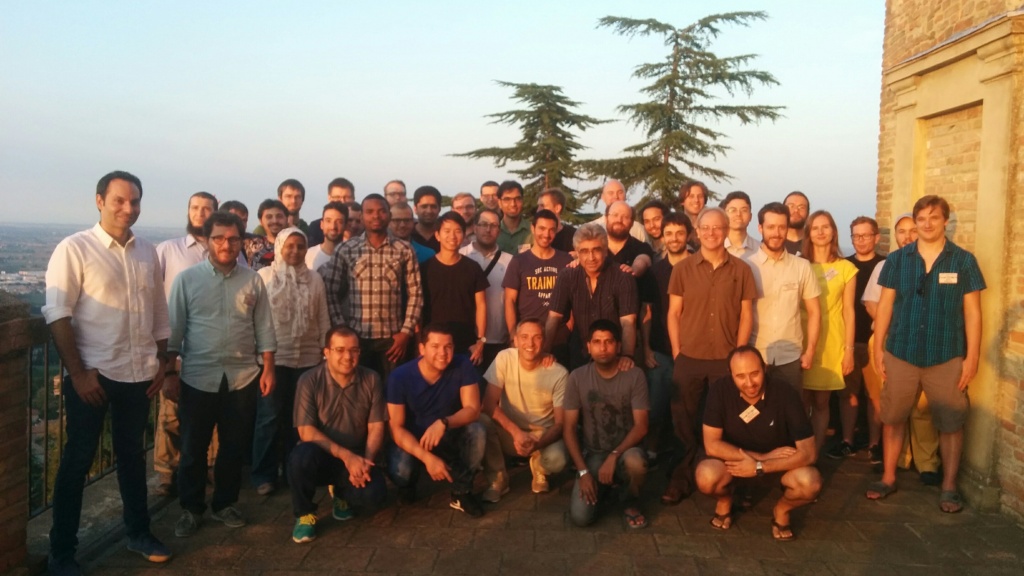
If you are considering a Ph.D., you may wonder what courses you should take. This is a common question, and the answer depends mainly on the particular university, department, and field of study. As someone who has studied at a Swedish university, I can offer some insight into this topic.
The first type of courses taken by Ph.D. students are those related to the subject of their studies. For example, a student studying Computer Science, with a specialization in cyber security, may take courses such as Advanced Cryptography, Advanced Network Security, and Security Protocols. These courses provide the student with the knowledge and skills necessary to apply their research to cyber security.
The second type of courses taken by Ph.D. students are those related to research methods. Research methods courses are designed to help the student develop the skills necessary to conduct research and interpret and communicate the results of their research. Some of the courses that Ph.D. students take in this area include Qualitative Research, Quantitative Research, Statistics, and Research Design. These courses help the student develop the skills and knowledge necessary to design and implement research projects and interpret and communicate their results.
The third type of courses taken by Ph.D. students are those related to the broader objectives of their Ph.D. These include courses such as Pedagogy, Leadership, and Professional Development. These courses are designed to help the student develop the skills and knowledge necessary to be successful in academia, such as the ability to teach, lead, and work with other professionals in the field.
A university often offers some, if not all, of the doctorate courses needed for a candidate to complete a Ph.D. However, it’s also feasible that the university will let the student attend classes or use research resources at other institutions. This is especially true if the student is pursuing a program that is interdisciplinary, in which they may need to draw on the resources and subject matter expertise of other institutions. Additionally, universities may offer online courses or allow distance learning, allowing students to gain their education from remote locations.
In conclusion, the courses taken by a Ph.D. student depend on the field of study, the university, and the department. Generally, courses related to the subject of their studies, research methods, and broader objectives are taken. These courses are necessary for the student to develop the skills and knowledge necessary to pursue a successful Ph.D.


